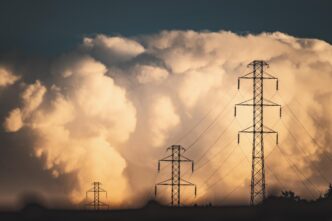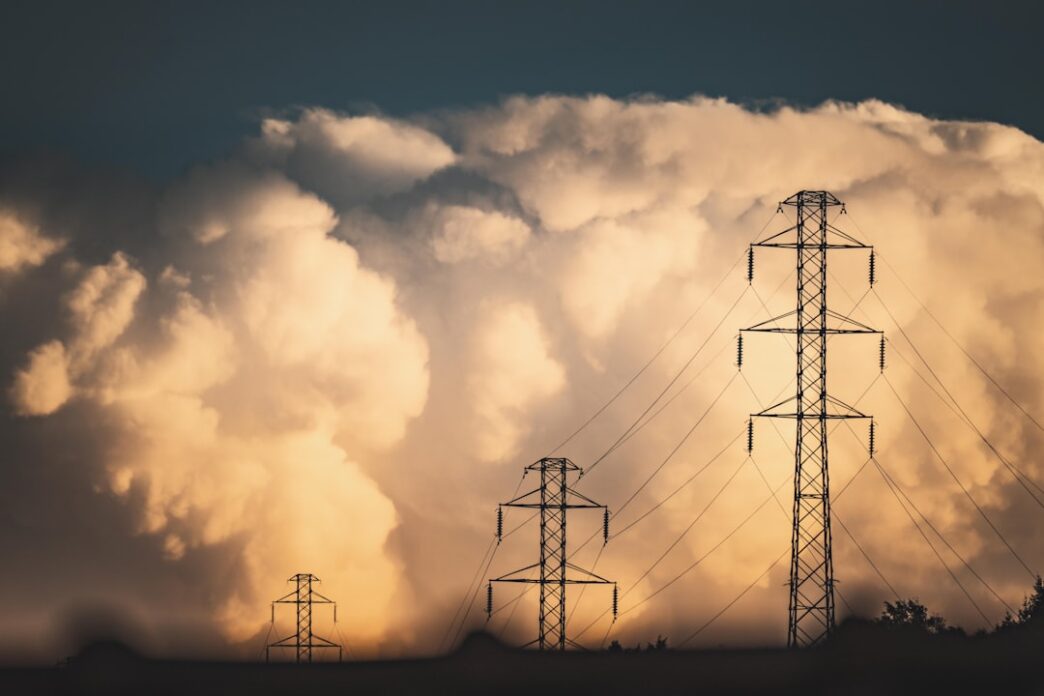In recent years, a quiet revolution is taking shape at the grassroots level in the energy sector. Localized energy production, particularly through solar and wind, is emerging as a pivotal player in transforming local economies, enhancing energy independence, and creating jobs. This development is not merely about green energy; it’s about empowering communities and reshaping economic dynamics.
Take Germany, for example. Through its Energiewende policy, the country has significantly promoted decentralized energy systems. Households and small businesses are increasingly installing solar panels, turning rooftops into power stations. This has led to the rise of community-owned solar cooperatives, which enable residents to pool resources to invest in larger solar projects. As of 2022, one-third of Germany’s electricity came from renewable sources, much of which was generated locally. This has not just reduced carbon footprints but has also invigorated local economies by keeping energy dollars circulating within communities.
In stark contrast, the traditional energy sector often resembles a top-down approach dominated by multinational corporations. This creates vulnerabilities, particularly evident in places like Venezuela and Nigeria, where reliance on a single industry has stunted economic diversification and increased susceptibility to global oil price fluctuations. Decentralized energy production mitigates such risks by distributing power generation and allowing local economies to thrive independently.
The benefits extend beyond mere economics. In rural areas of India, for instance, localized energy solutions have been essential in providing electricity access to isolated communities that were previously left off the grid. Initiatives like the Solar Mamas program empower women in these communities to become solar engineers, not only providing energy solutions but also fostering local entrepreneurship. This has significant implications for economic development and social equity.
Microgrids, which integrate renewable energy sources with local distribution systems, are another significant aspect of this decentralization. In places like Puerto Rico, post-Hurricane Maria, the push for resilient energy systems has led to the development of microgrids that can operate independently from the main grid. This not only offers a solution to energy reliability but also stimulates local job creation in energy technology and infrastructure development.
However, challenges remain. Regulatory frameworks often lag behind technological advancements, leading to hurdles for small producers. In the United States, for example, state policies vary widely, with some actively supporting decentralized energy initiatives while others impose barriers that hinder growth. Organizations like the Solar Energy Industries Association are advocating for fair policies that encourage localized energy production, highlighting the need for a robust legal framework to support this burgeoning sector.
Moreover, the initial costs of installation can deter potential adopters, particularly in lower-income regions. This necessitates innovative financing solutions, such as community financing models and government incentives, to ensure equitable access to renewable energy technologies.
As nations grapple with issues like climate change and economic resilience, the potential for localized energy production to reshape economic landscapes becomes increasingly apparent. It is not merely an environmental issue; it is a socio-economic revolution that promises to reconfigure how communities generate and consume energy. As more regions embrace this shift, we may witness a profound transformation in the global economic paradigm, one rooted in local empowerment and sustainability.













